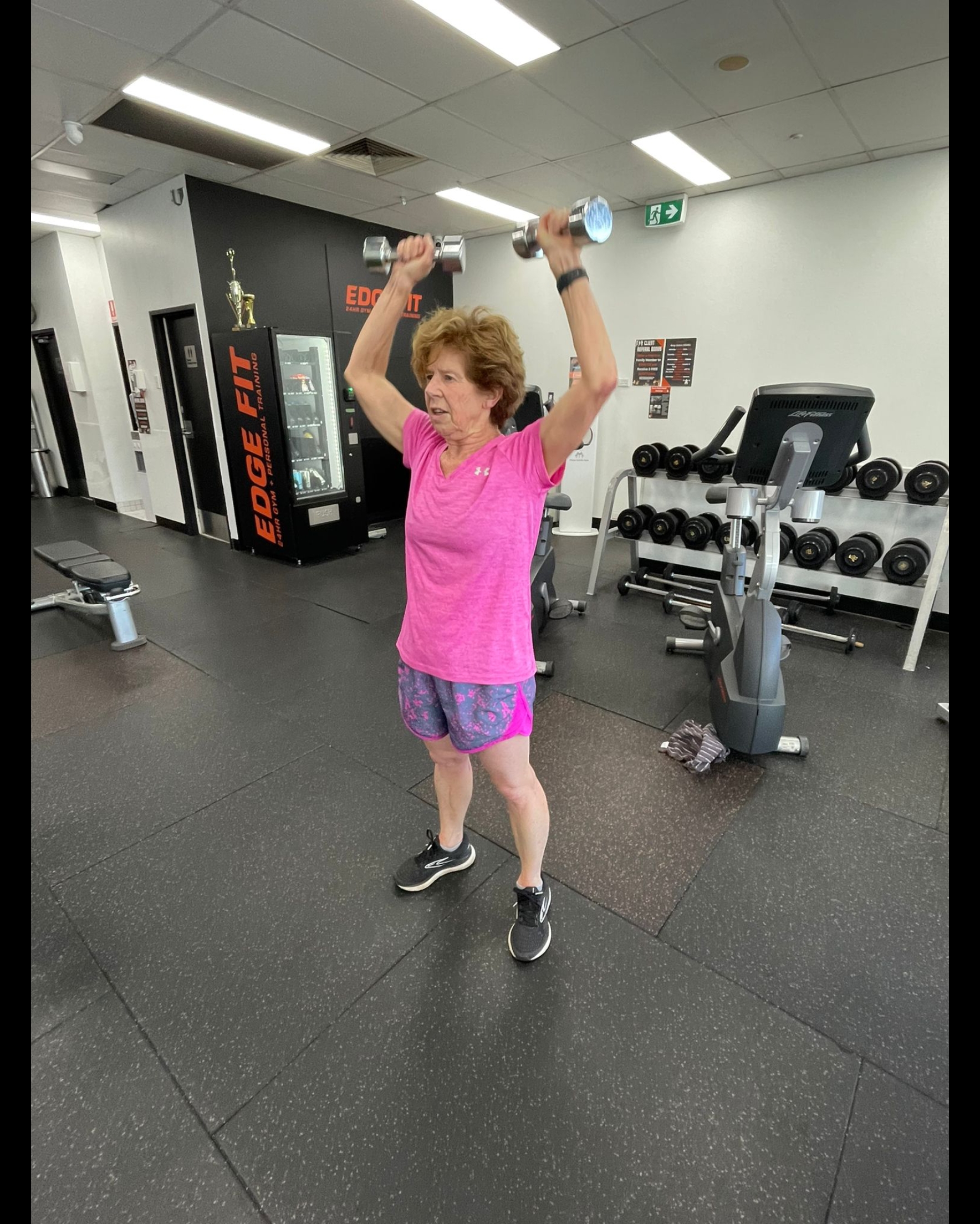
Menopause is a natural biological process that marks the end of a woman’s reproductive years, typically occurring between the ages of 45 and 55. During this time, the body undergoes significant changes, including a decrease in estrogen production, which can lead to a variety of symptoms such as hot flashes, night sweats, mood swings, and sleep disturbances.
Fortunately, there are several lifestyle factors that can help alleviate these symptoms and improve overall health and well-being during menopause. These include exercise, nutrition, and biohacks.
Exercise:
Regular exercise has been shown to have numerous benefits for women going through menopause. Not only can it help reduce the severity and frequency of hot flashes and other symptoms, but it can also improve mood, sleep quality, and bone density.
Aim for at least 30 minutes of moderate-intensity aerobic exercise, such as brisk walking, cycling, or swimming, most days of the week. Strength training is also important for maintaining muscle mass and bone density, which can decrease during menopause. This can include exercises such as weight lifting, bodyweight exercises, or using resistance bands.
Incorporating physical activity into daily routines, such as taking the stairs instead of the elevator or going for a walk during lunch breaks, can also be beneficial.
Nutrition:
Maintaining a healthy diet is important for overall health and well-being, but it can be especially important during menopause. This is because women’s bodies require fewer calories as they age, but they still need adequate nutrients to maintain bone health, prevent weight gain, and support hormone production.
Aim to eat a variety of nutrient-dense foods, including:
Whole grains: These provide energy and fiber, which can help keep you feeling full and satisfied.
Lean protein: This can include sources such as chicken, fish, beans, and tofu, which can help maintain muscle mass and support hormone production.
Healthy fats: These can include sources such as avocado, nuts, seeds, and olive oil, which can help improve heart health and reduce inflammation.
It’s also important to limit or avoid certain foods that can exacerbate menopausal symptoms, such as caffeine, alcohol, spicy foods, and sugar.
Biohacks:
Biohacks refer to techniques or strategies that can help improve physical and mental performance and overall health. There are several biohacks that may be particularly beneficial during menopause, including:
Meditation and mindfulness: These practices can help reduce stress and anxiety, which can exacerbate menopausal symptoms. They can also improve sleep quality and overall well-being.
Acupuncture: This traditional Chinese medicine technique involves the insertion of fine needles into specific points on the body to alleviate pain and improve overall health. It has been shown to be effective for reducing hot flashes and other menopausal symptoms.
Supplements: Certain supplements, such as black cohosh, evening primrose oil, and soy isoflavones, have been shown to be effective for reducing menopausal symptoms. However, it’s important to talk to a healthcare provider before starting any new supplements.
In conclusion, menopause is a natural part of the aging process for women, but it doesn’t have to be a difficult or unpleasant experience. Incorporating regular exercise, healthy nutrition, and biohacks into daily routines can help alleviate symptoms, improve overall health and well-being, and make this transition more manageable
